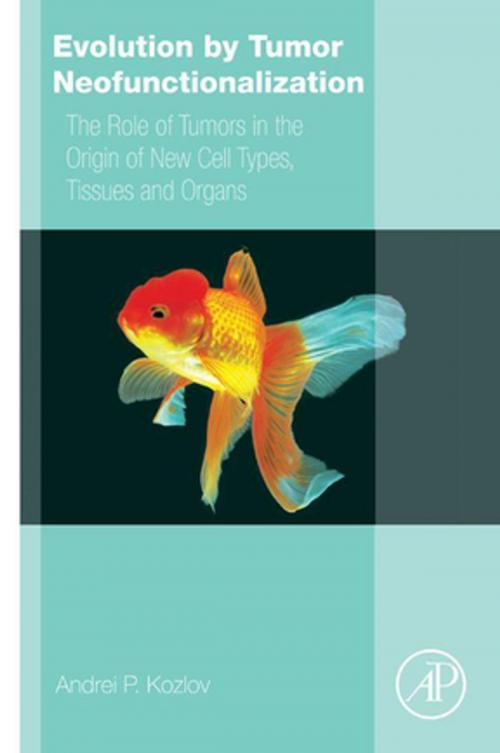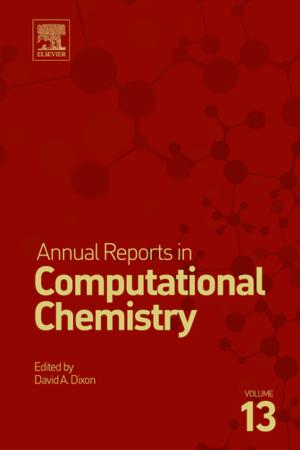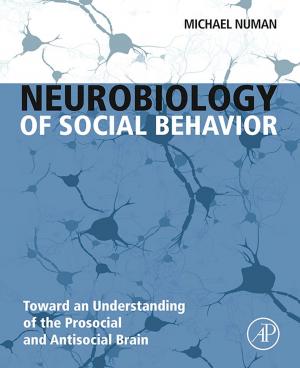Evolution by Tumor Neofunctionalization
The Role of Tumors in the Origin of New Cell Types, Tissues and Organs
Nonfiction, Science & Nature, Science, Other Sciences, Molecular Biology, Biological Sciences, Genetics| Author: | Andrei P. Kozlov | ISBN: | 9780128004982 |
| Publisher: | Elsevier Science | Publication: | February 15, 2014 |
| Imprint: | Academic Press | Language: | English |
| Author: | Andrei P. Kozlov |
| ISBN: | 9780128004982 |
| Publisher: | Elsevier Science |
| Publication: | February 15, 2014 |
| Imprint: | Academic Press |
| Language: | English |
Evolution by Tumor Neofunctionalization explores the possibility of the positive role of tumors in evolution of multicellular organisms. This unique perspective goes beyond recent publications on how evolution may influence tumors, to consider the possible role of tumors in evolution.
Widespread in nature tumors represent a much broader category than malignant tumors only. The majority of tumors in humans and other animals may never undergo malignant transformation. Tumors may differentiate with the loss of malignancy, and malignant tumors may spontaneously regress. Cellular oncogenes and tumor suppressor genes play roles in normal development. Many features of tumors could be used in evolution, and there are examples of tumors that have played a role in evolution.
This book will stimulate thinking on this topic by specialists in the fields of evolutionary biology, oncology, molecular biology, molecular evolution, embryology, evo-devo, tumor immunology, pathology and clinical oncology.
- Covers the role that tumors might play in evolution.
- Provides multidisciplinary approach that will appeal to a wide circle of professionals in the fields of evolutionary biology, oncology, molecular biology, and more
Evolution by Tumor Neofunctionalization explores the possibility of the positive role of tumors in evolution of multicellular organisms. This unique perspective goes beyond recent publications on how evolution may influence tumors, to consider the possible role of tumors in evolution.
Widespread in nature tumors represent a much broader category than malignant tumors only. The majority of tumors in humans and other animals may never undergo malignant transformation. Tumors may differentiate with the loss of malignancy, and malignant tumors may spontaneously regress. Cellular oncogenes and tumor suppressor genes play roles in normal development. Many features of tumors could be used in evolution, and there are examples of tumors that have played a role in evolution.
This book will stimulate thinking on this topic by specialists in the fields of evolutionary biology, oncology, molecular biology, molecular evolution, embryology, evo-devo, tumor immunology, pathology and clinical oncology.
- Covers the role that tumors might play in evolution.
- Provides multidisciplinary approach that will appeal to a wide circle of professionals in the fields of evolutionary biology, oncology, molecular biology, and more















